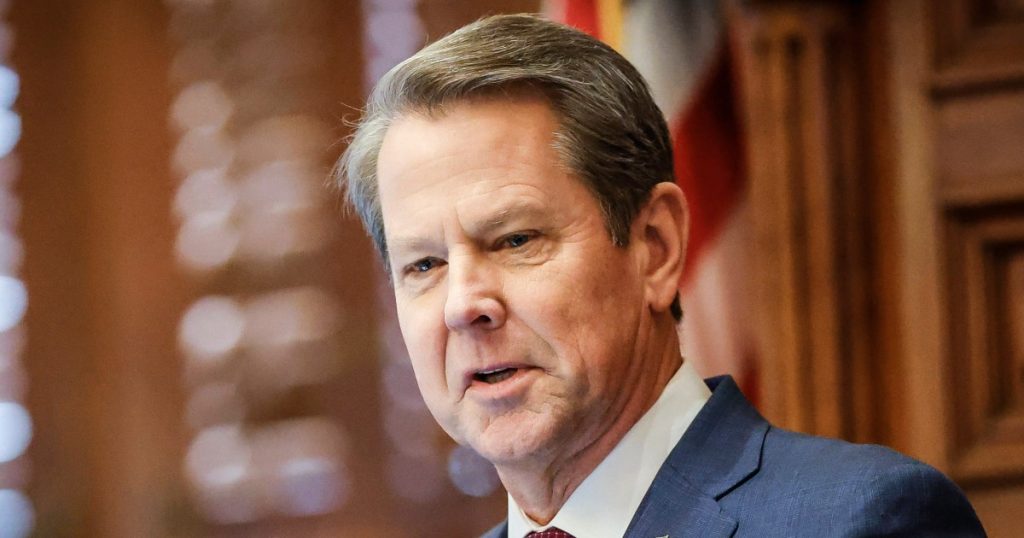Georgia Gov. Brian Kemp signed a new immigration law, HB1105, in response to the killing of Laken Riley, with the goal of improving public safety. The law requires sheriff’s offices to work with federal officials on identifying individuals in their custody who may be in the country unlawfully, with the threat of losing funding if they fail to do so. Kemp cited Riley’s death, caused by a Venezuelan national who had entered the country illegally, as a motivation for the law. However, opponents argue that the law will harm trust between immigrant and Latino communities and law enforcement.
The signing of the bill intensified the already contentious debate over immigration, particularly in an election year. Advocates like Jerry Gonzalez from GALEO, an Atlanta Latino advocacy group, expressed concerns that the law could erode trust between law enforcement and communities, leading to a decrease in reporting of crimes by community members. The law outlines specific requirements for how jail officials should check with ICE regarding the immigration status of prisoners and mandates that local jails apply to participate in the 287(g) agreement to enforce immigration law. This program, which allows local authorities to identify people subject to deportation, has been de-emphasized by President Joe Biden’s administration, raising further concerns about its potential impact.
Opponents of the law, including groups like the Georgia Latino Alliance for Human Rights and the ACLU, fear that the increased enforcement measures will lead to racial profiling and civil rights violations. They argue that similar programs in the past have led to abuses, with sheriffs and their deputies detaining individuals suspected of being undocumented under false pretenses. Gonzalez highlighted instances of racial profiling in Cobb and Gwinnett counties when they were participating in the 287(g) program, which resulted in the election of sheriffs in 2020 who ended the agreement.
Immigration attorney Charles Kuck noted that the new law is a continuation of prior Georgia laws on 287(g) and clarifies how long a non-citizen can be held. Despite this, groups like GALEO are preparing to educate community members on their rights in case they are stopped by local law enforcement. The heated debate surrounding immigration policy in Georgia reflects larger national tensions over border security, law enforcement, and civil liberties. The signing of HB1105 has sparked protests and rallies, with advocates and opponents of the law voicing their concerns about its potential impact on immigrant communities and public safety. The enforcement of the law remains contentious, with questions about its implications for local law enforcement, community relations, and civil rights.













